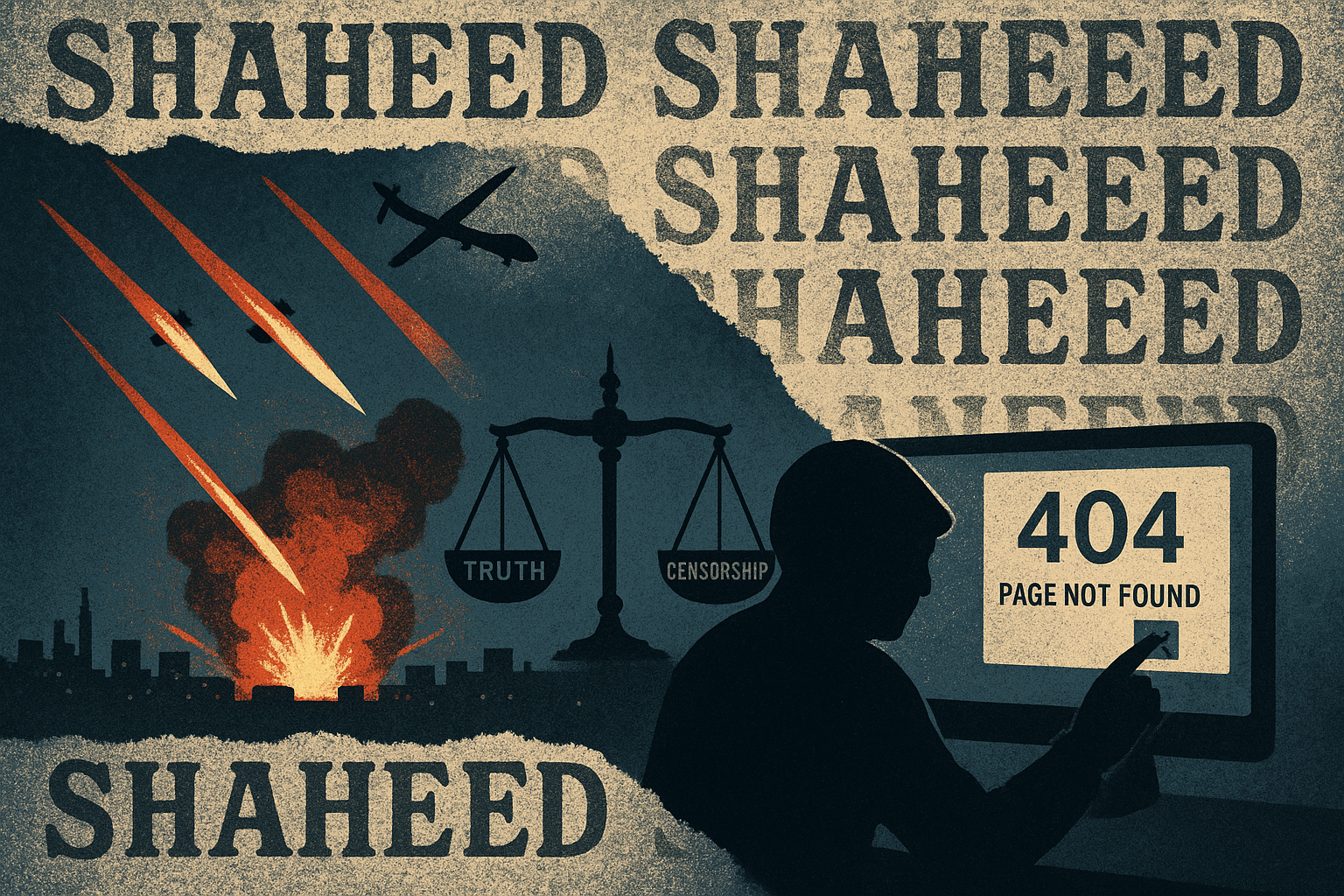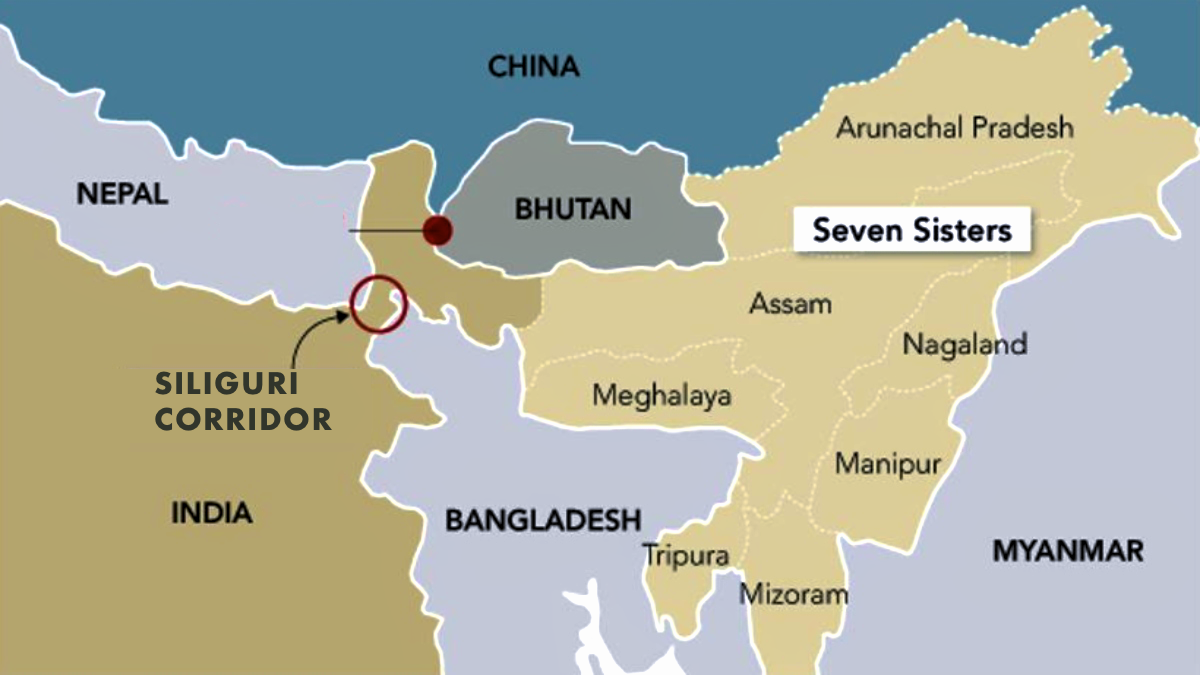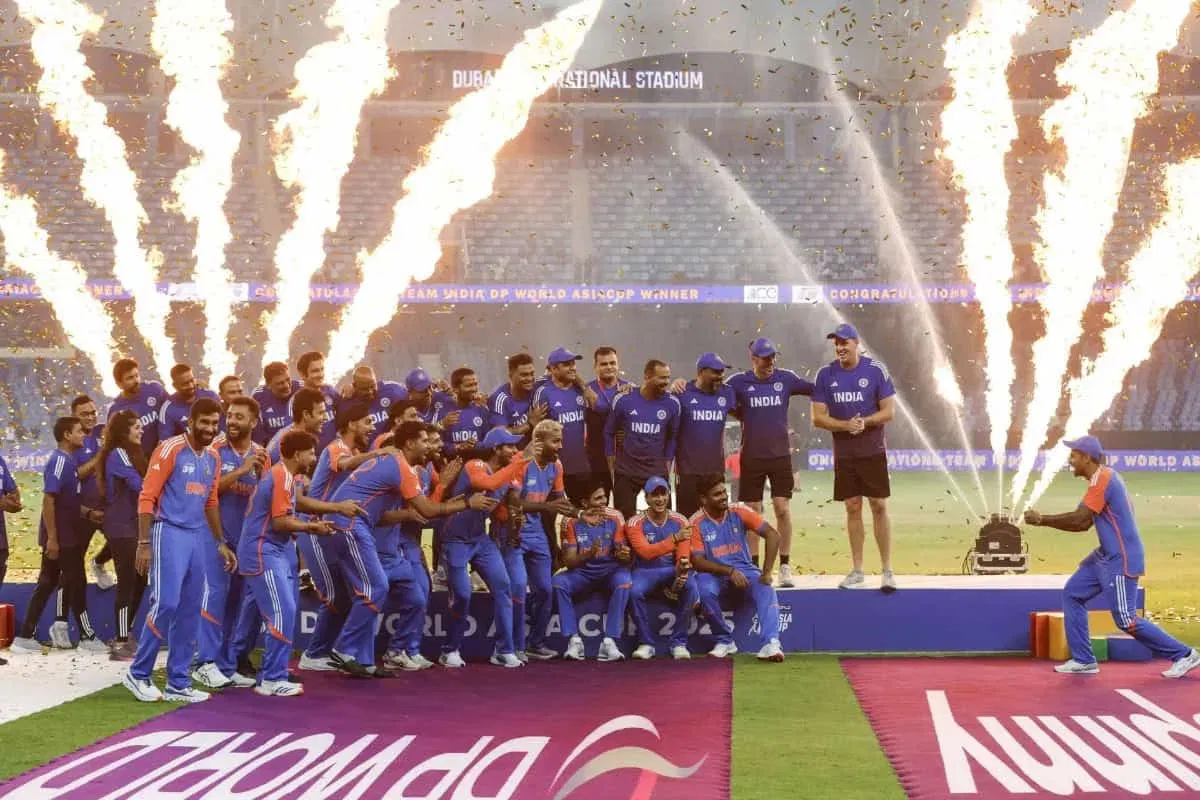Hidden Truth of Operation Sindoor: Did Pakistan Really Lose 150+ Soldiers?

In today’s digital world, hiding facts is almost impossible. No matter how strong censorship is, the truth finds a way to come out. Recently, a shocking leak shook Pakistan’s media landscape. Reports suggest that during India’s four-day precision strikes — known as Operation Sindoor — more than 150 Pakistani soldiers were killed. Even though Pakistan tried hard to delete every trace of this, a list accidentally published by their media exposed the reality.
Operation Sindoor: What Happened
For four days, India carried out intense precision bombings across Pakistan.
- Airbases were hit.
- Drones and missiles rained down.
- Explosions were captured live by Pakistani civilians on their phones.
It wasn’t just a few isolated attacks — it was a well-coordinated operation aimed at crippling Pakistan’s defence systems. Suicide drones damaged radar and air defence units, while missile strikes caused chaos across multiple locations.
The “Deleted List” That Exposed the Truth
One of Pakistan’s leading media outlets, Samaa TV, published an article about awards given to their top generals and military chiefs. At the bottom of that article, a list of more than 150 names was included.
Here’s the shocking part:
Every single name had “Shaheed” written next to it.
This wasn’t a typo. It wasn’t an error. It was a major blunder — proof that Pakistan lost far more soldiers than it admitted publicly. Once Indians and independent researchers pointed it out, the article was deleted. Now, if you visit that link, you’ll only see an “Error 404” page.
Pakistan’s Official Version vs Reality
- Pakistan’s claim: Only 11–13 soldiers died; the rest were civilians.
- India’s statement: 100+ terrorists and militants were killed.
- Leaked evidence: 150+ Pakistani soldiers, across the army, navy, and air force, lost their lives.
So why hide it? The answer lies in psychological warfare.
Why Do Countries Hide Casualties?
Censorship of war casualties is not new. Many countries do it.
- Israel downplayed Iranian missile damage recently.
- In the past, even big powers have underreported losses to maintain morale.
It’s like taking a heavy punch but acting as if nothing happened. Your ribs might be broken, but you show no pain — this is called psy-ops (psychological operations).
Pakistan tried the same trick. By admitting only a handful of deaths, they wanted to project strength to their people and the world. But this time, their media slipped — and the truth leaked out.
The Awards Game: Hiding Defeat with Medals
To further control the narrative, Pakistan showered medals on its military leaders.
- Army Chief Asim Munir was promoted to Field Marshal.
- He and the Air Chief received Hilal-e-Jurat, Pakistan’s second-highest gallantry award.
- Others received awards like Nishan-e-Imtiaz.
By handing out awards, Pakistan wanted to create a story of “victory.” But the truth is, these awards were used to cover up heavy losses.
Lessons from the Leak
This leak is not just about numbers. It reveals three important truths:
- Censorship fails in the digital age. No matter how tightly controlled, information will slip out.
- Psy-ops can backfire. Once exposed, they damage trust in the government and military.
- Truth builds credibility. Nations that admit their losses gain more long-term respect.
Conclusion
Operation Sindoor exposed not only Pakistan’s military vulnerability but also its information warfare tactics. Trying to hide over 150 fallen soldiers with censorship and awards may have worked temporarily inside Pakistan, but the outside world now knows the truth.
As Lord Buddha once said: “Three things cannot be long hidden: the sun, the moon, and the truth.”
The lesson is clear — in today’s world, truth always finds its way out.









No comments yet. Be the first to comment!